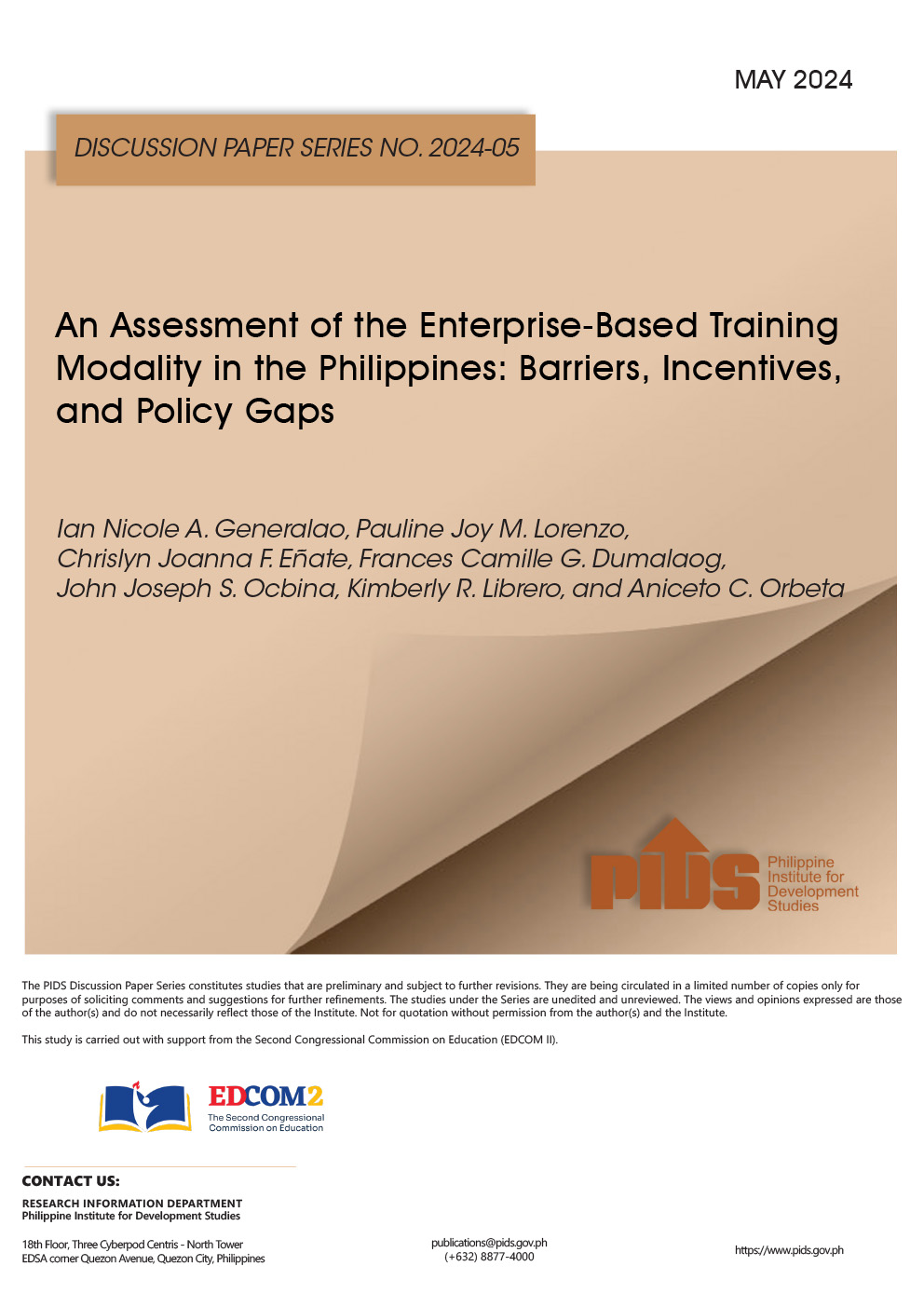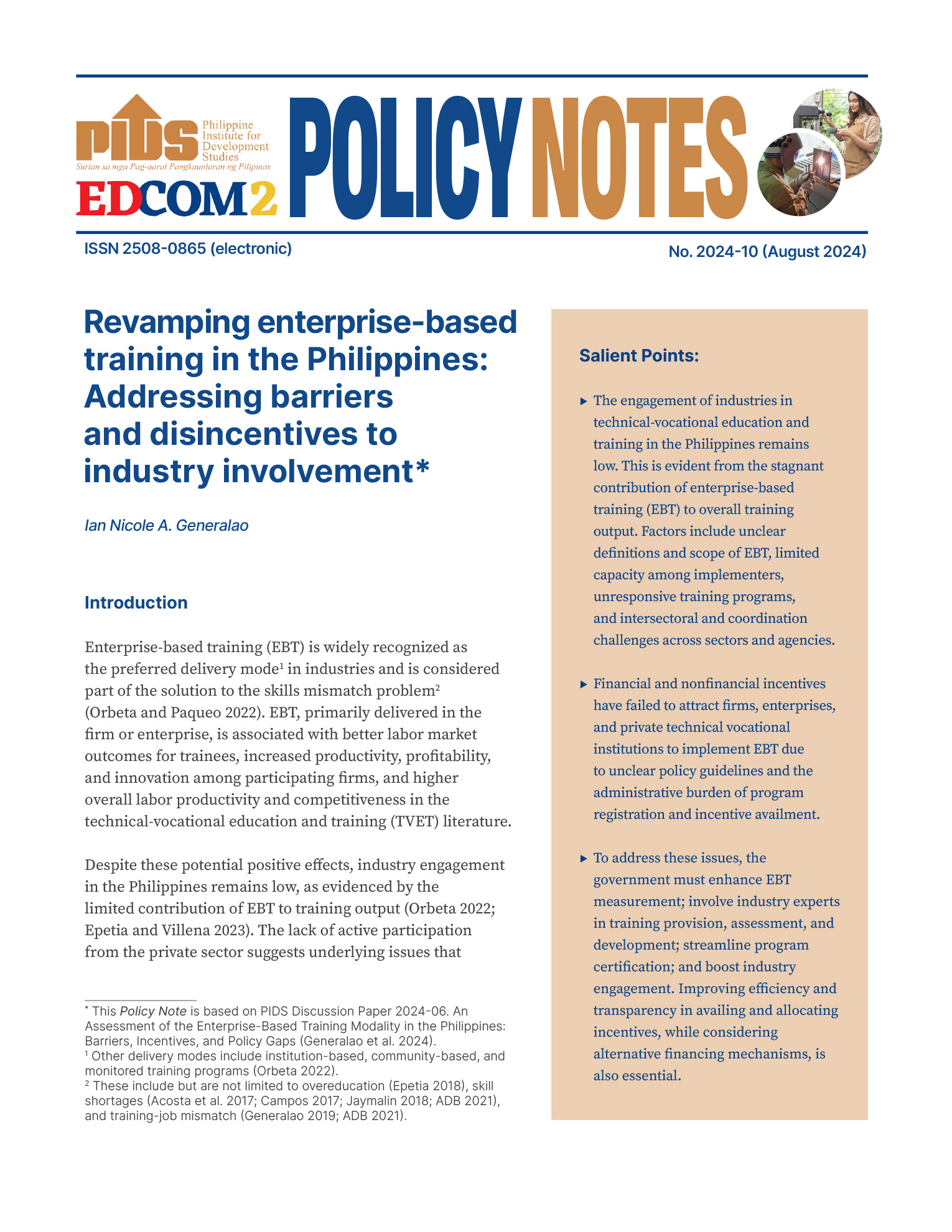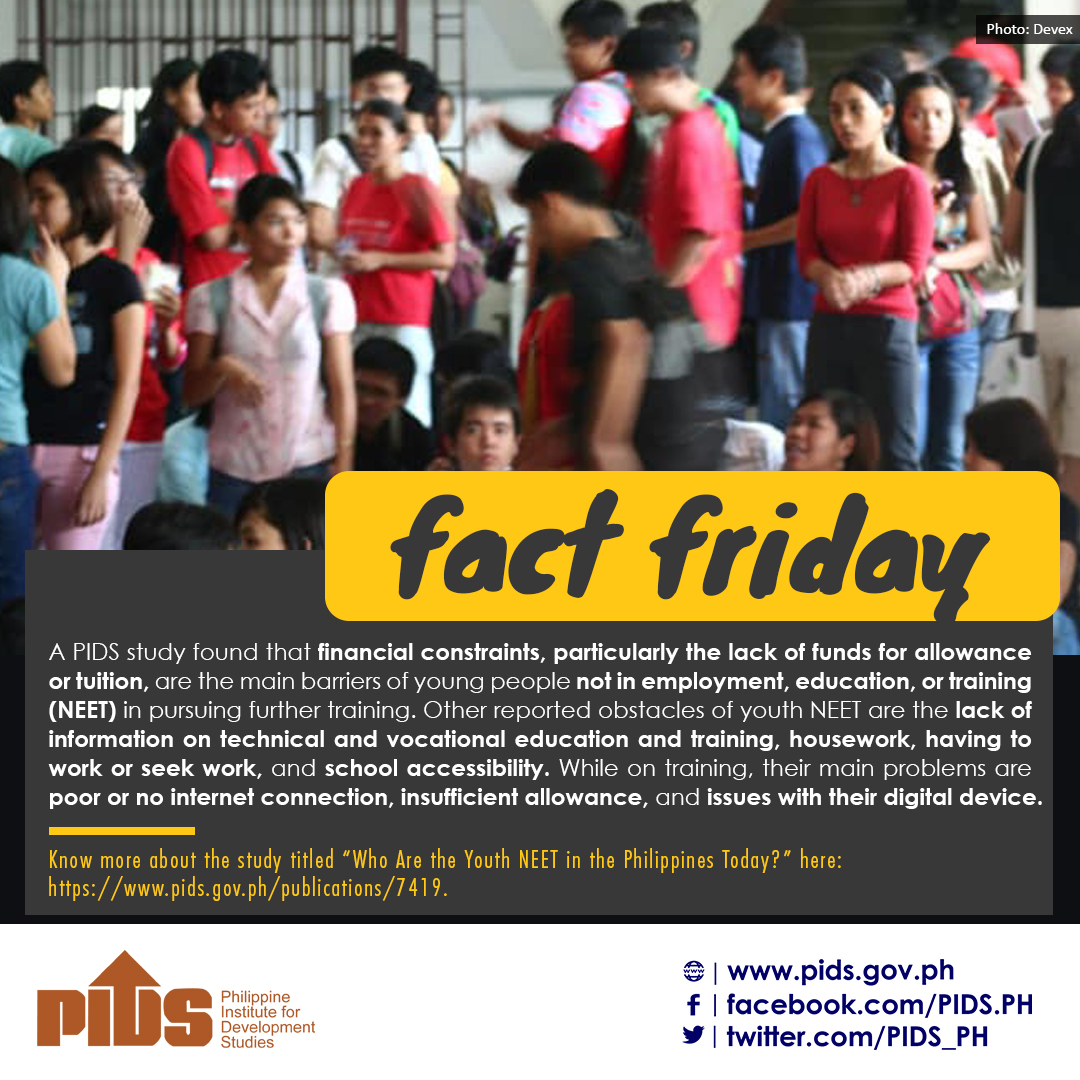MANILA, Philippines – The P69.1-billion deal to buy out the telecommunications business of San Miguel Corporation (SMC) created "more barriers" to the entry of more players in the country, said consumer welfare and public interest groups.
In a forum organized by the Foundation for Media Alternatives (FMA) and the Philippine chapter of Internet Society (ISOC PH), the groups said both the Philippine Competition Commission (PCC) and the National Telecommunications Commission (NTC) should take a closer look at Globe Incorporated's and PLDT Incorporated's acquisition of San Miguel assets, involving the 700 MHz frequency band.
Independent groups, such as ISOC PH and FMA, said the biggest telecom acquisition in the country thus far creates deep concern, after PLDT and Globe sought court intervention to stop the PCC from reviewing the deal.
PLDT and Globe dominate the Philippine telecom industry.
Hopes of San Miguel coming in as a 3rd player were shattered after the two telecom giants bought all of its telecom assets last May.
PLDT and Globe have repeatedly said the buyout is a done deal. But for the newly-enacted quasi-judicial antitrust body, it is still subject to a "comprehensive review."
The two giants have gone to the Court of Appeals (CA) to stop the PCC's comprehensive review.
"Has the feasibility of a 3rd player in the near future been quashed by the deal? My answer is a qualified yes," Adora Navarro, a senior research fellow of the Philippine Institute for Development Studies, said during a public forum recently held at the Ateneo de Manila University in Quezon City.
Ron Mendoza, dean of the Ateneo School of Government, said there needs to be evidence-based discussions between the public and private sectors to improve the competition environment in the Philippines.
Mendoza cited the San Miguel buyout deal as an "important first-test case" for the Philippine Competition Act.
"We want a more competitive telecom industry so that Filipinos enjoy innovative and fast and reliable internet services at affordable prices and high network quality," Grace Mirandilla-Santos, an independent researcher specializing in telecommunications, said during the forum.
Meanwhile, Akbayan Representative Tom Villarin also expressed support for the PCC review, informing the audience that he filed a resolution requesting the House of Representatives' trade and industry committee to look into whether or not the buyout would benefit consumers.
'3rd player would be better'
For the public interest groups, having "a 3rd carrier would be better."
Greg Tangonan, director of the Ateneo Innovation Center and professor of engineering and physics, said they randomly measure internet speeds at the Ateneo and these have showed that PLDT and Globe "are not even delivering half of what they promise."
"I would rather see a 3rd party come in like SMC-Telstra (Corporation)," Ateneo's Tangonan said.
For PIDS' Navarro, 3 is the magic number.
"Counterfactual evidence exist. You can look at other countries which have the 'Big 3.' They engage in musical chairs in intense competition," Navarro said.
"When customers suffer poor service, another firm responds with more attractive plans. The dominant firm's business strategy is to come up with better internet experience," she added.
Navarro also said the San Miguel telecom acquisition poses the risk of "losing contestability or the existence of the threat of new entry."
Tangonan, meanwhile, pointed out that "the possibility of a 700 MHz system with 90 MHz bandwidth has profound implications for people's access systems design."
He added that "the 700 MHz band offers many more possible network configurations than just expanded rural access at a lower cost.... Other stakeholders like broadcasters have need for this spectrum to create interactive content delivery in conjunction with ISDB-T broadcast."
Possible scenarios
It is now up to the appellate court if the buyout deal will be reviewed by the PCC or not.
In July, the CA approved Globe's petition to consolidate its petition with that of PLDT.
This was after the CA 6th Division denied Globe's request to stop the PCC review. PLDT still has a pending petition filed before the CA 12th Division.
"Should the PCC review proceed, there can be two scenarios. First is the PCC revokes the deal, and then there can be two options – NTC can recall the 700 MHz, then immediately hold an auction, or, NTC can recall the 700 MHz spectrum and consider a future auction, ideally in a not-so-remote future. The money raised can be used for public services. A second scenario is the PCC approves the deal and imposes conditions," Navarro said.
For Gigo Alampay of the TRADE Project, "the ideal scenario is for PCC to review the deal and approve the deal, with conditions that can ensure more genuine competition and make it easier for more players to come in."
For Winthrop Yu, chairman of ISOC PH, it is precisely the mandate of the PCC under the Fair Competition Act to ensure that consumers are not on the losing end of business transactions.
"It is our right as consumers to demand improvements and fair competition, and the PCC, being the country's antitrust agency, has a specific responsibility to uphold that view. We fully support the review," Yu added. – Rappler.com
In a forum organized by the Foundation for Media Alternatives (FMA) and the Philippine chapter of Internet Society (ISOC PH), the groups said both the Philippine Competition Commission (PCC) and the National Telecommunications Commission (NTC) should take a closer look at Globe Incorporated's and PLDT Incorporated's acquisition of San Miguel assets, involving the 700 MHz frequency band.
Independent groups, such as ISOC PH and FMA, said the biggest telecom acquisition in the country thus far creates deep concern, after PLDT and Globe sought court intervention to stop the PCC from reviewing the deal.
PLDT and Globe dominate the Philippine telecom industry.
Hopes of San Miguel coming in as a 3rd player were shattered after the two telecom giants bought all of its telecom assets last May.
PLDT and Globe have repeatedly said the buyout is a done deal. But for the newly-enacted quasi-judicial antitrust body, it is still subject to a "comprehensive review."
The two giants have gone to the Court of Appeals (CA) to stop the PCC's comprehensive review.
"Has the feasibility of a 3rd player in the near future been quashed by the deal? My answer is a qualified yes," Adora Navarro, a senior research fellow of the Philippine Institute for Development Studies, said during a public forum recently held at the Ateneo de Manila University in Quezon City.
Ron Mendoza, dean of the Ateneo School of Government, said there needs to be evidence-based discussions between the public and private sectors to improve the competition environment in the Philippines.
Mendoza cited the San Miguel buyout deal as an "important first-test case" for the Philippine Competition Act.
"We want a more competitive telecom industry so that Filipinos enjoy innovative and fast and reliable internet services at affordable prices and high network quality," Grace Mirandilla-Santos, an independent researcher specializing in telecommunications, said during the forum.
Meanwhile, Akbayan Representative Tom Villarin also expressed support for the PCC review, informing the audience that he filed a resolution requesting the House of Representatives' trade and industry committee to look into whether or not the buyout would benefit consumers.
'3rd player would be better'
For the public interest groups, having "a 3rd carrier would be better."
Greg Tangonan, director of the Ateneo Innovation Center and professor of engineering and physics, said they randomly measure internet speeds at the Ateneo and these have showed that PLDT and Globe "are not even delivering half of what they promise."
"I would rather see a 3rd party come in like SMC-Telstra (Corporation)," Ateneo's Tangonan said.
For PIDS' Navarro, 3 is the magic number.
"Counterfactual evidence exist. You can look at other countries which have the 'Big 3.' They engage in musical chairs in intense competition," Navarro said.
"When customers suffer poor service, another firm responds with more attractive plans. The dominant firm's business strategy is to come up with better internet experience," she added.
Navarro also said the San Miguel telecom acquisition poses the risk of "losing contestability or the existence of the threat of new entry."
Tangonan, meanwhile, pointed out that "the possibility of a 700 MHz system with 90 MHz bandwidth has profound implications for people's access systems design."
He added that "the 700 MHz band offers many more possible network configurations than just expanded rural access at a lower cost.... Other stakeholders like broadcasters have need for this spectrum to create interactive content delivery in conjunction with ISDB-T broadcast."
Possible scenarios
It is now up to the appellate court if the buyout deal will be reviewed by the PCC or not.
In July, the CA approved Globe's petition to consolidate its petition with that of PLDT.
This was after the CA 6th Division denied Globe's request to stop the PCC review. PLDT still has a pending petition filed before the CA 12th Division.
"Should the PCC review proceed, there can be two scenarios. First is the PCC revokes the deal, and then there can be two options – NTC can recall the 700 MHz, then immediately hold an auction, or, NTC can recall the 700 MHz spectrum and consider a future auction, ideally in a not-so-remote future. The money raised can be used for public services. A second scenario is the PCC approves the deal and imposes conditions," Navarro said.
For Gigo Alampay of the TRADE Project, "the ideal scenario is for PCC to review the deal and approve the deal, with conditions that can ensure more genuine competition and make it easier for more players to come in."
For Winthrop Yu, chairman of ISOC PH, it is precisely the mandate of the PCC under the Fair Competition Act to ensure that consumers are not on the losing end of business transactions.
"It is our right as consumers to demand improvements and fair competition, and the PCC, being the country's antitrust agency, has a specific responsibility to uphold that view. We fully support the review," Yu added. – Rappler.com










